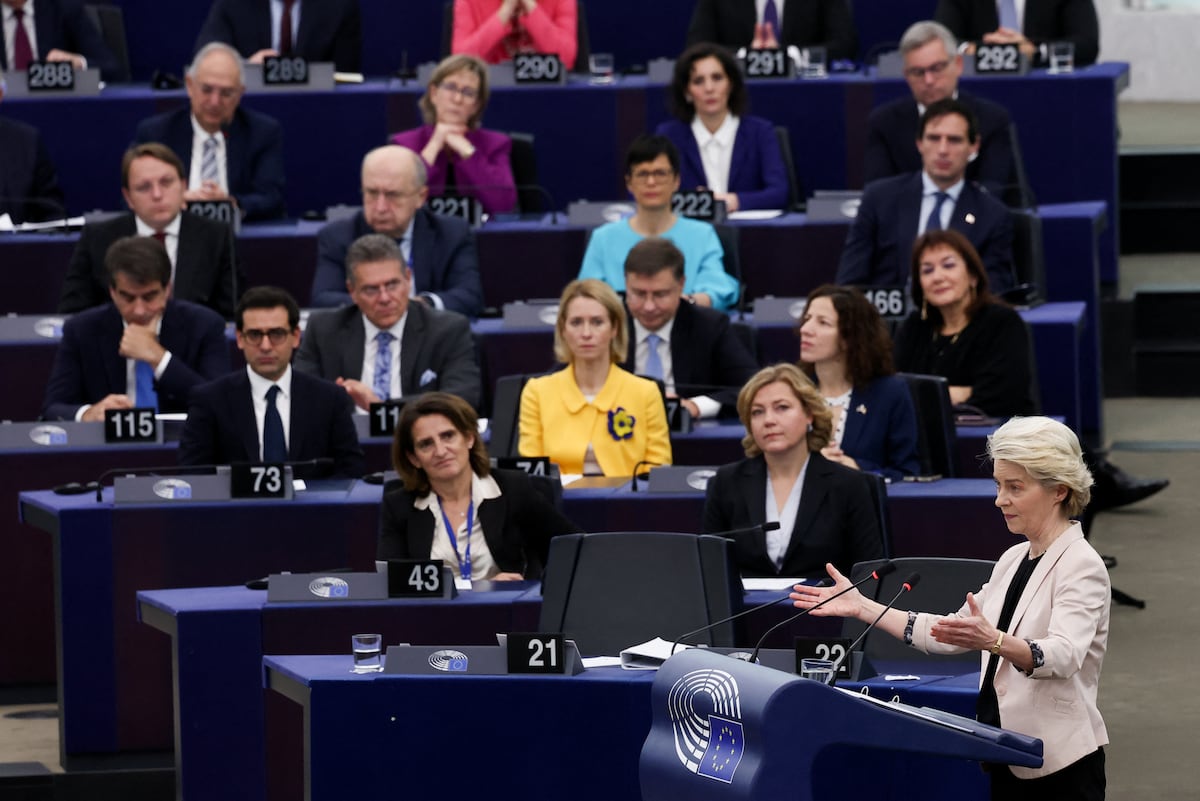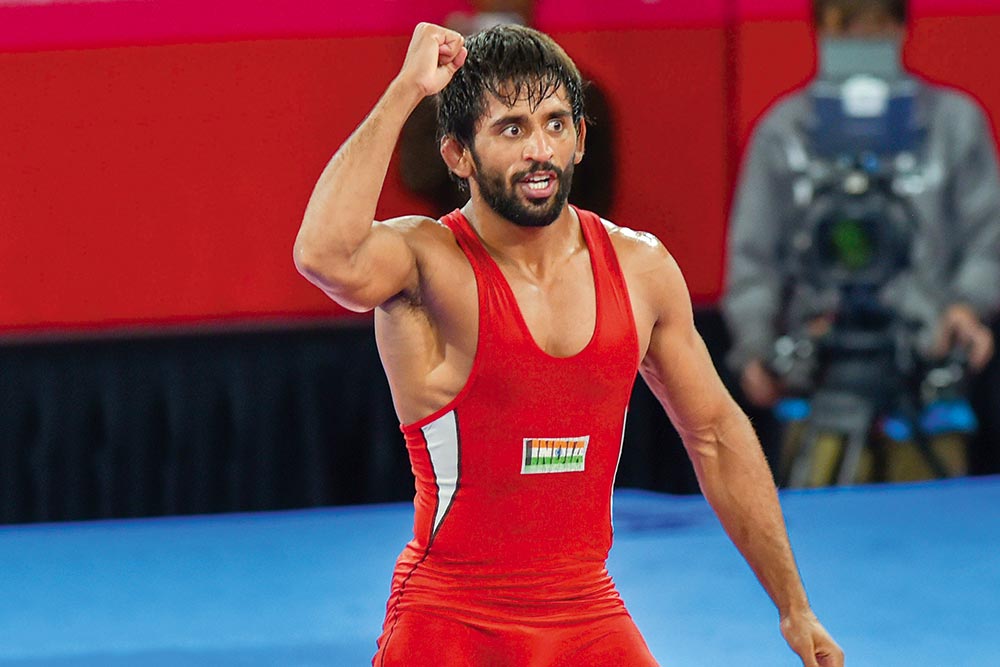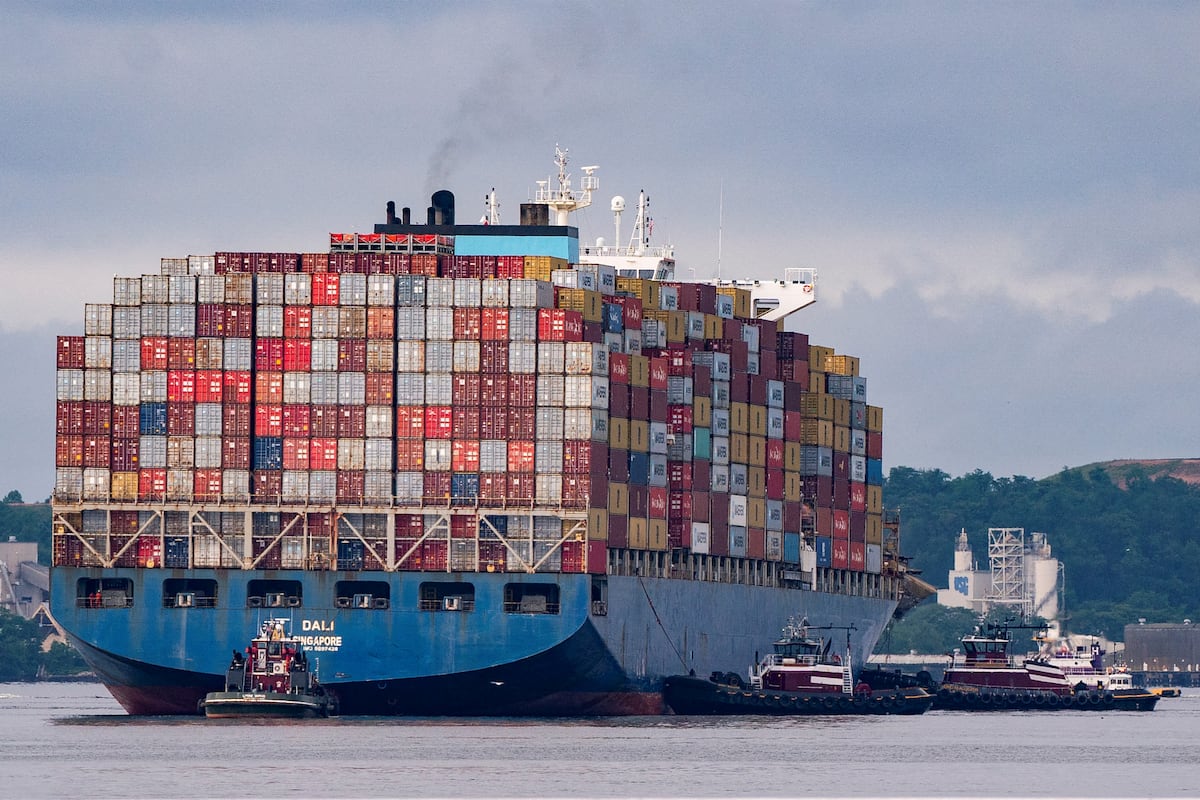The head of the community Executive, Ursula von der Leyen, has closed ranks with her number two, Teresa Ribera, on D-day for the formation of the new European Commission. When addressing the European Parliament to ask her new college of commissioners to vote, after a week of tensions fueled by the European People’s Party (EPP) blockade of the Spanish Ribera, Von der Leyen had numerous praises for Ribera, still questioned by some from his conservative European political family and the focus of attacks from Alberto Núñez Feijóo’s Popular Party, to the point that the Spanish popular group will vote against the European Commission just for giving a punishing vote to Ribera. “It is well prepared to ensure that we have a modern competition policy that supports our ambitions,” defended the German in her speech presenting her new team at the plenary session of the European Parliament in Strasbourg, prior to the vote for the entire European Commission. . “[Ribera] She is an authentic and committed Europeanist. And together we will always work for the European interest,” she said of her first vice president to applause from the plenary. In his seat, the president of the EPP, Manfred Weber, who supported Feijóo’s maneuvers against Ribera until he ended up disavowing him and supported Ribera in the Parliamentary Committees, observed with a serious expression.
Feijóo’s PP begins the legislature juggling. “We, the PP, say ‘yes’ to the Commission and ‘no’ to Teresa Ribera,” said popular MEP Dolors Montserrat. “As loyal members of the EPP we support this Commission,” he launched in plenary. However, official PP sources suggest that the Spanish, the second largest group in the conservative family after the Germans, with 22 MEPs, will vote against the new college of commissioners, reports Elsa García de Blas. It would be a No symbolic, but it means giving a No resounding to his political family: the new Commission will have the largest number of EPP members in recent decades.
“We have to avoid polarization,” said Bavarian Manfred Weber this Wednesday, who has nevertheless tried to exploit the discourse that social democrats and liberals have also reached out to part of the extreme right that he has embraced, the Reformist family. and European Conservatives (ECR) – that of the Italian Prime Minister, Giorgia Meloni – with their support for the Italian Vice President, Raffaelle Fitto, and the Hungarian Commissioner Olivér Varhelyi, an ally of the national-populist Viktor Orbán, as part of the pact to unblock the formation of the Commission – including Ribera.
Weber has stressed that his intention is to continue his traditional collaboration with social democrats and liberals – with whom he signed a pact to advance the lines set by Von der Leyen for the legislature – and even with the Greens, but also with ECR, which the Bavarian unlike other far-right groups and parties, such as the Alternative for Germany (AfD).
“The yes of the social democratic family is a yes to continue moving forward, for European stability, it is not a blank check,” answered Iratxe García, president of the Socialists and Democrats (S&D). “The European forces that have built the EU since its foundation have an agreement, and the agreements are fulfilled,” warned the Spaniard, who has insisted that she will not tolerate the constant approach of the conservatives to the extreme right.
After the weeks of crisis, Von der Leyen, who has also staked her political capital in the European parliamentary fight and has been very involved in her team moving forward without changes, has called for unity. “I know it has not been easy, but overcoming divisions and forging compromises is the hallmark of any living democracy,” said the head of the community Executive. “We will work with all the pro-European democratic forces in this House. And, as I have done in my first mandate, I will always work from the center, because we all want the best for Europe and the best for Europeans. So now is the time to unite,” he launched.
The legislature that begins is approaching angry and polarized. As has been the confirmation process of the new commissioners, where Spanish national politics – due to the PP’s fight against Ribera – has shaken the community institutions. The new Commission that launches this December 1st does so in a geopolitical scenario of high tension, with Russia’s war against Ukraine at a critical point, the prospect of an escalation of US tariffs against European products after the arrival of Donald Trump to the White House and with a European Union that continues to lose competitiveness and influence compared to Washington and Beijing.
Competitiveness and defense
The next five years will be decisive for the future of the EU, and the President of the Commission has anticipated that it will be necessary to make “difficult decisions” and make “massive investments in security and prosperity.” “We need a single market for defense. We need to strengthen the defense industrial base. We need to improve our military mobility,” remarked the German conservative, who is now beginning her second term. This community Executive, for the first time, will have a Defense Commissioner. Although it remains a competence of the Member States, the position aims to boost European industry.
Furthermore, Von der Leyen has announced that the first major initiative of her mandate will be a “competitiveness compass, following the pattern of the report by former Italian Prime Minister and former President of the European Central Bank Mario Draghi, who warned that, if it does not accelerate , the Union will enter a “slow agony” against the United States and China.
This new compass of competitiveness — which will be built around three pillars: innovation, decolonization and competitiveness, and economic security — will be one of the key tasks of the new team, and especially of Ribera, vice president of Clean, Fair and Competitive Transition and Responsible for the Competition portfolio.







